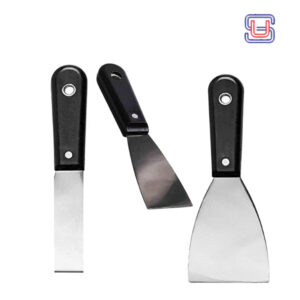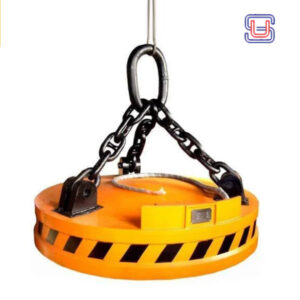Enhancing Workplace Safety: In industries such as construction, manufacturing, and oil and gas, where workplace safety is critical, Cristin Products play a vital role in protecting workers from potential hazards. Their range of personal protective equipment (PPE) and safety gear ensures that employees are equipped with reliable tools to mitigate risks and adhere to safety protocols.
Meeting Regulatory Standards: The UAE has stringent regulatory requirements regarding occupational safety and health. Cristin Products are known for their adherence to international safety standards, which helps businesses in the UAE comply with local regulations effectively. This compliance not only ensures legal conformity but also fosters a safer working environment for employees.
Supporting Industry Growth: As the UAE continues to develop its infrastructure and expand its industrial sectors, the demand for high-quality safety products increases. Cristin Products cater to this demand by offering innovative solutions that meet the evolving needs of industries, thereby supporting sustainable growth and operational efficiency.
Building Trust and Reliability: Over the years, Cristin Products have built a reputation for reliability and quality among businesses and organizations in the UAE. Their consistent delivery of effective safety solutions has earned them trust as a preferred supplier in the market, contributing to their importance in enhancing workplace safety and operational reliability.
In summary, Cristin Products are important in the UAE not only for their role in ensuring workplace safety and regulatory compliance but also for supporting industry growth and fostering trust through their reliable products and solutions.





